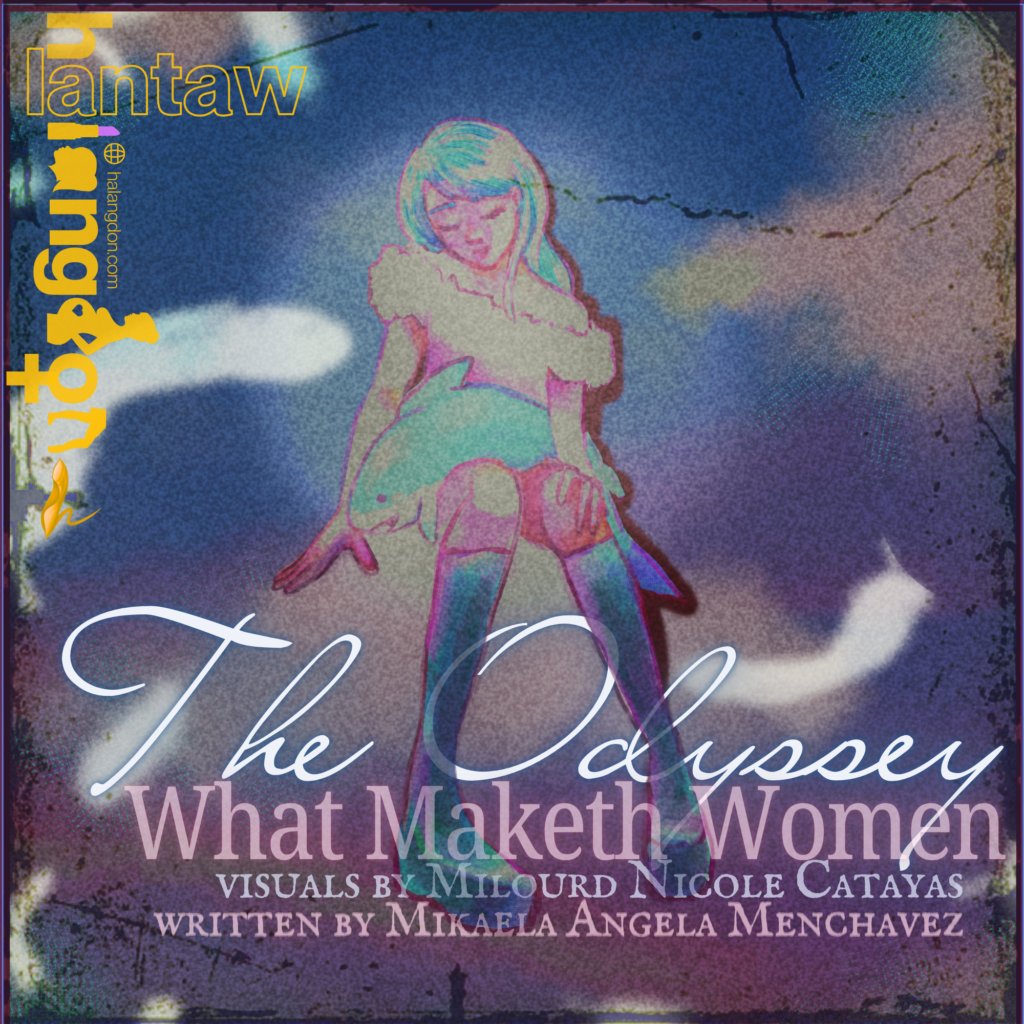Linguist. Poet. Melancholia Personified.
Mikaela as a Writer
The Odyssey: What Maketh Women
When I was born, I wasn’t a woman, but a blank canvas. But because of my sex, I was already assigned the role of a woman before I could even pronounce my name. The physician who tended to me likely wondered what kind of husband I would have in the future, and my parents probably speculated how many children I would give birth to someday, even when they only held a creature with no sense of self-identity in their arms.
My Love.
The next day, I took several “Are you Aromantic?” tests, and most of the results came back positive. However, it was challenging for me to accept it at first. I kept invalidating myself with various “what ifs” like: What if I’m just avoidant? What if I do have commitment issues? What if I’m just bitter towards romantic love which is why I’m so repulsed?
Pulong
I remember now that a friend once asked me, “Isn’t it strange how Churches have gates? Who exactly are they trying to keep out?”



